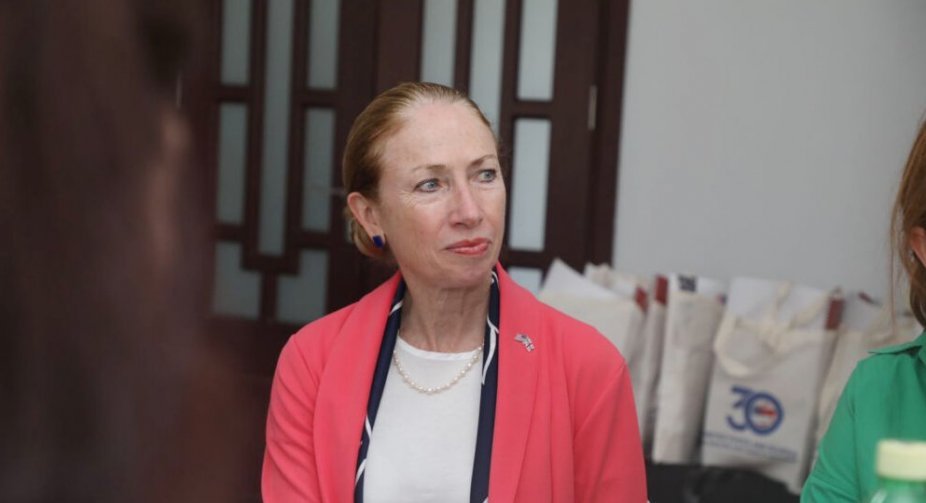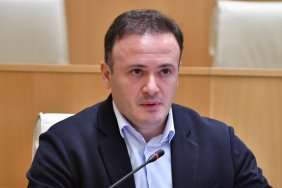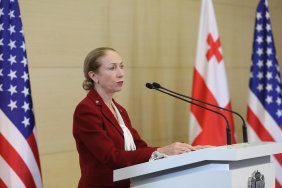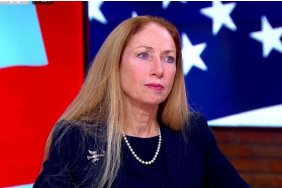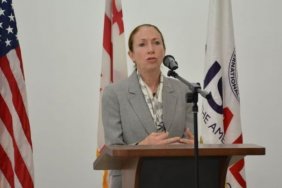Even today there are those who try to deny Georgia’s historic ties with Europe and try to undermine Georgia’s ties with the West, arguing that Georgia’s natural place is with Russia, US ambassador to Georgia Kelly Degnan said on Thursday, in her speech at the opening of a museum of repressed Georgian writers during the country’s Soviet occupation.
She stressed the museum, the writers and their work “show us the results of authoritarianism in the past. But they are also a reminder that the threat continues”.
The diplomat said in the 1930s the Kremlin sought to repress Georgian writers, many of whom had studied in Europe, labeling them foreign agents and threats to Kremlin’s dominance.
“However, Georgia has a long history of engaging with western Europe and an amazing literary and cultural tradition separate and distinct from Russia’s. Even today there are those who try to deny Georgia’s historic ties with Europe and try to undermine Georgia’s ties with the West, arguing that Georgia’s natural place is with Russia”, she said amid controversies related to the bills on foreign agents proposed by former members of the ruling Georgian Dream party, slammed by her as a “Russian law”.
The ambassador highlighted that “friendship with Russia” had brought repression, “seeking to destroy Georgia’s culture”.
“Standing here, we are reminded that there is no middle ground. The Kremlin silences those who challenge its power, and the more power it takes, the more of us it will silence, as it did violently in Georgia in 1921, in 1924, in 1931, in 1937, in 1956, in 1989, in 1993, and in 2008, and is still doing in the world today most notably in Ukraine”, Degnan said.
She noted the museum was “a symbol of Georgia's will for self-determination, independence, and a prosperous European future”.
